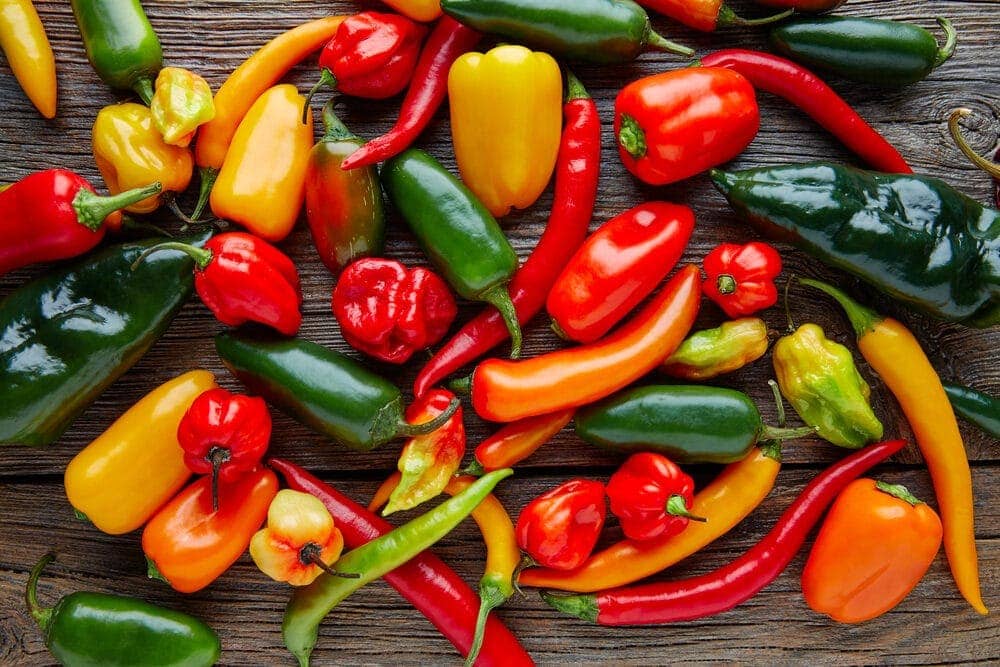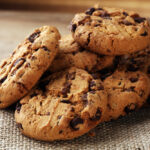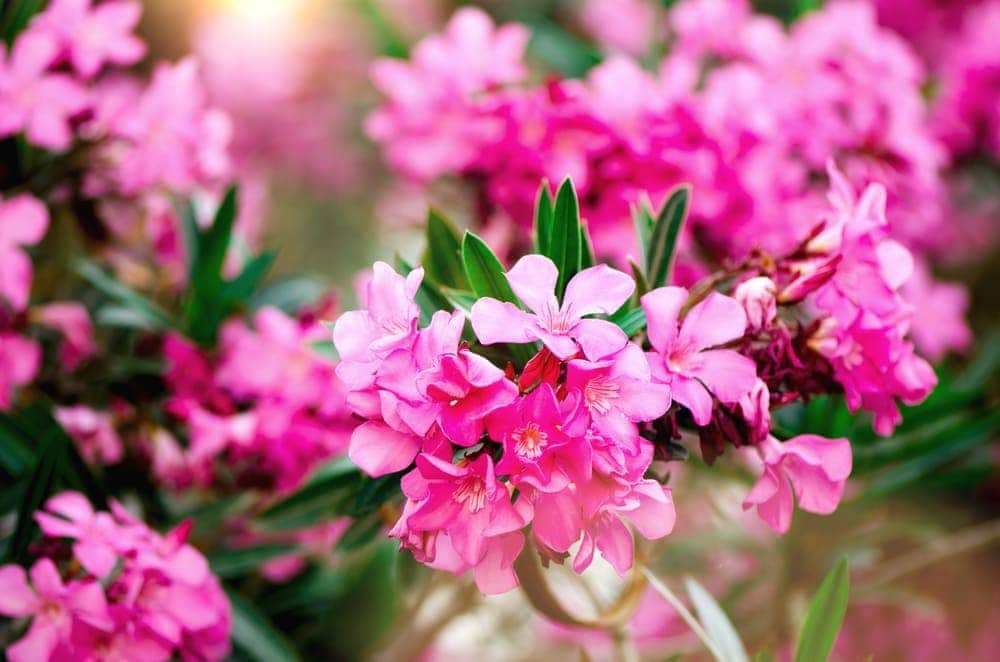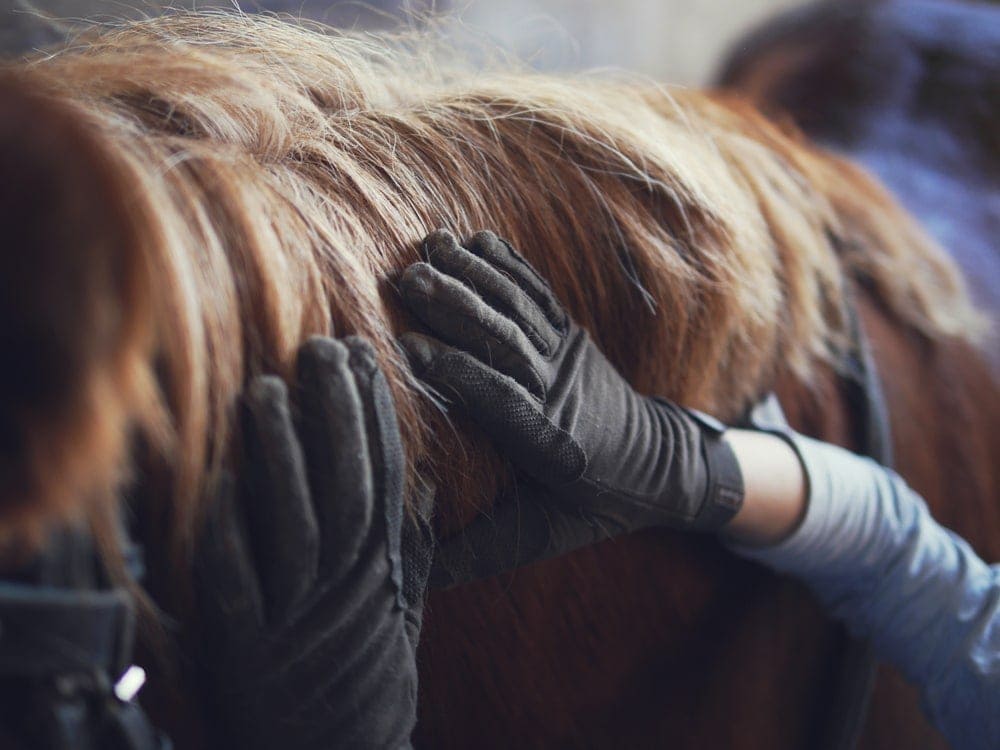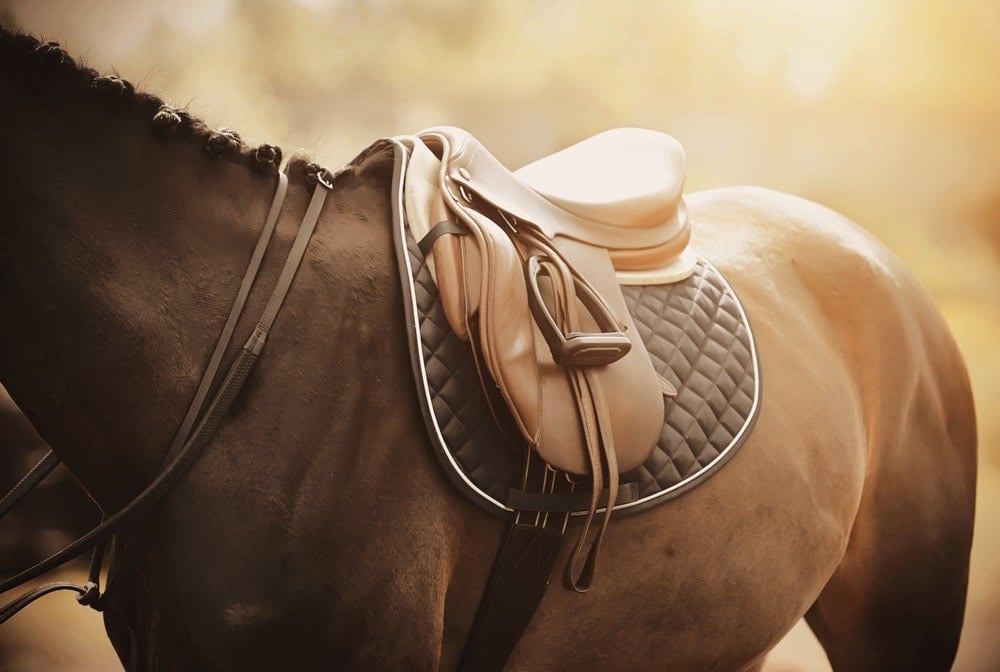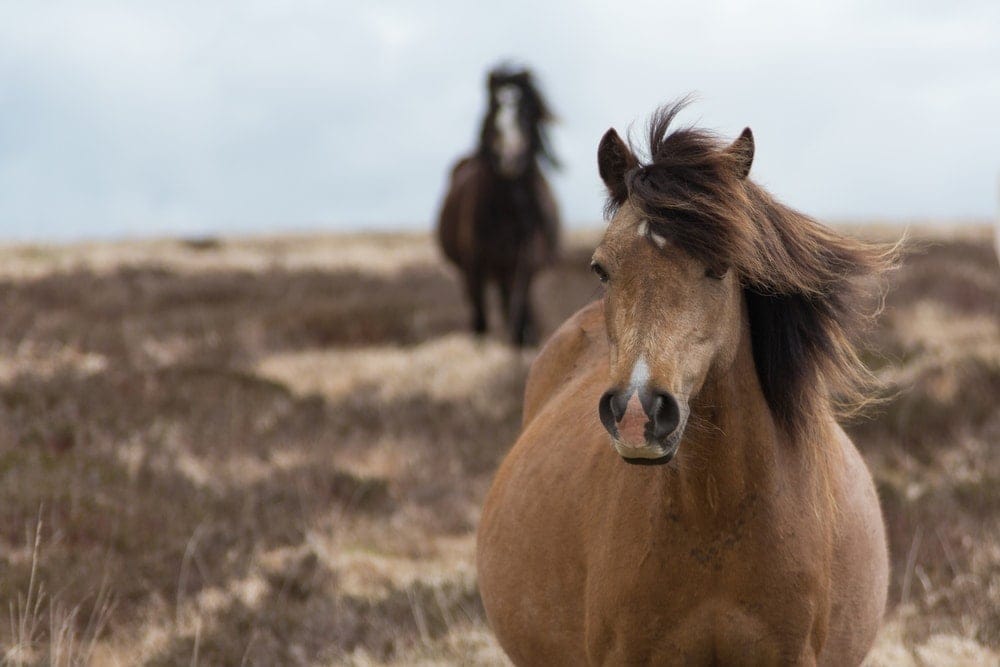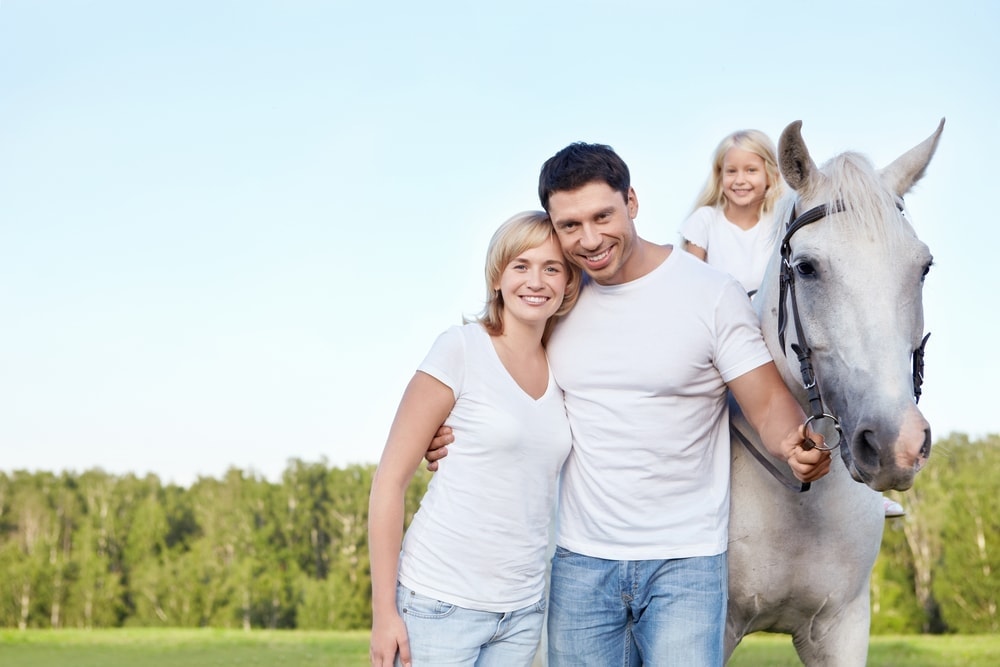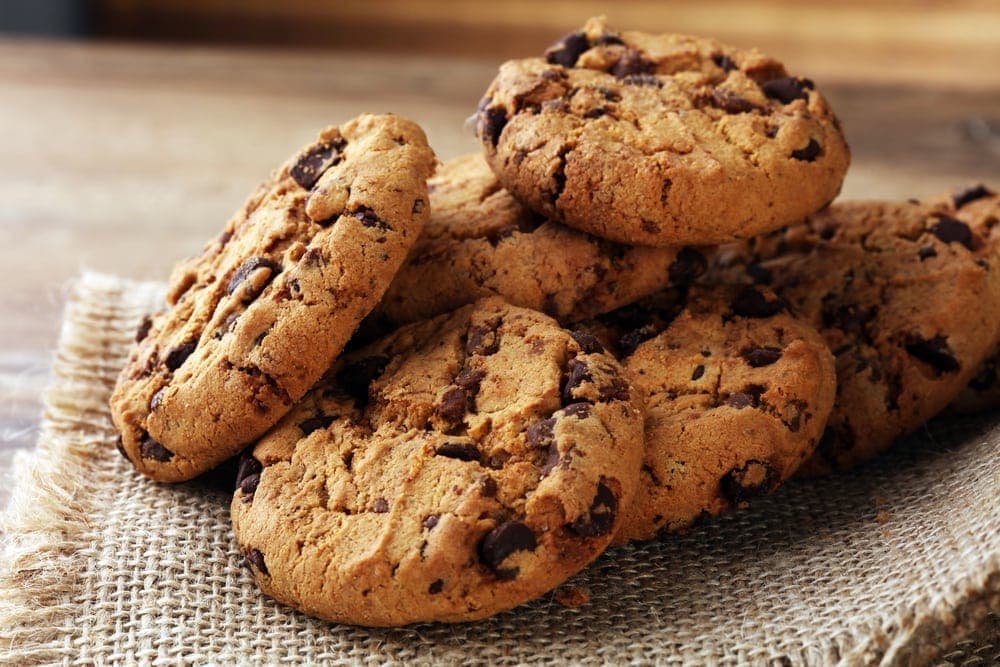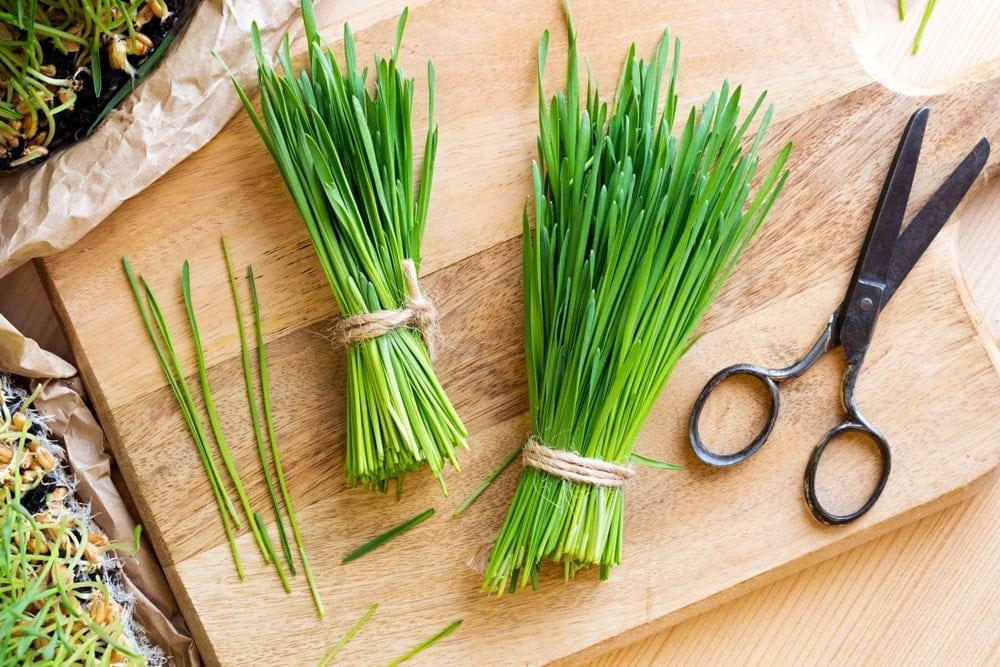Many pet owners are curious about what foods their pets and animals can and cannot eat. However, Is it safe for horses to eat peppers?
This is a question that many horse owners may have. In this blog post, we will explore whether or not peppers are safe for horses to eat and provide some tips on how to introduce them to their diet. Stay tuned!
Can Horses Eat Peppers?
No, horses should not eat peppers. Peppers are a type of nightshade vegetable, and all nightshades contain toxins that can be harmful to horses. Ingesting peppers can cause horses to experience colic, diarrhea, and even death.
As well, you should not feed most vegetables that are in the pepper or nightshade family to your horse. Although humans enjoy eating foods that are in the nightshade family because of their flavors, bitterness, and spiciness, horses are not able to handle these foods in their system. Their bodies are unable to break the chemicals that are in nightshade plants.
What Happens if My Horses Eat Peppers?
Eating peppers or anything in the nightshade family is so bad for horses that they can develop colic and laminitis from peppers. Colic is an extremely fatal and painful disease for horses, and it can manifest in many forms. Some forms of colic can cause gas and bloating, while other forms will constipate the horse as well as cause intestinal bleeding.
If they do not develop colic, they will still suffer from drowsiness, lethargy, intestinal and abdominal inflammation, nausea, and paralysis.
What Should I Do if My Horse Consumes Peppers?
The reaction you should have to your horse eating peppers depends on the amount of food that they ate. If they have only eaten a serving of nightshade vegetables come up because of some carelessness on someone’s part, it should not be too bad. They will have stomach cramping and nausea throughout the night, but in the morning, they should be fine. Although they may be tired from not sleeping very well. However, if your horse has been consuming peppers for a while, you will need to call the vet asap, even if they are showing any signs of pain or distress.
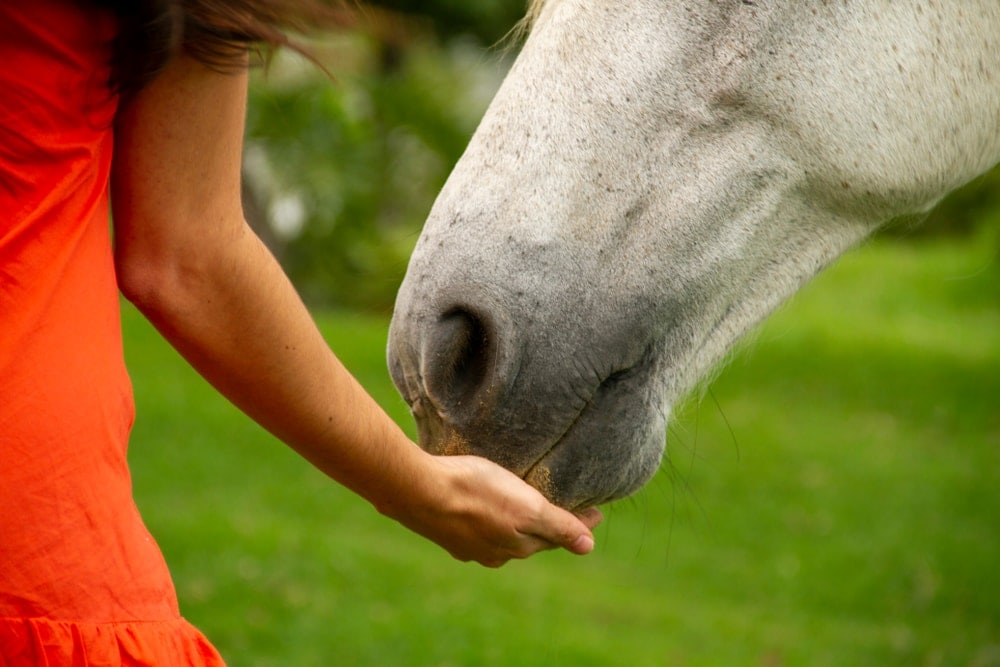
If you find out that the area where your horse grazes has peppers grilling and they have been eating the peppers and their leaves and stems for a while, you will want to have the advice of a veterinarian. You’re more likely to call the vet because of their behavior. Your horse will show obvious signs that they are in pain.
When you contact your horse’s vet, tell them that your horse has been eating peppers. When a vet knows that a horse is in danger of nightshade/solanine poisoning, they can react faster and supply the affected horse with the right medicine.
What Foods Are in the Nightshade Family?
Surprisingly, there are several vegetables that humans consume every day that are in the nightshade family. Some you would not even expect. There are even some spices that are part of the family as well. Most popular nightshade vegetables you can easily find our russet potatoes and all potatoes in general, all varieties of tomatoes, eggplants, all varieties of green bell peppers, the tomatillo, the Goji fruit, ashwagandha, pepinos, paprika, and cayenne pepper.
Don’t forget that horses who frolic and play in fields and forests can come across the deadly nightshade plant. One bite of this plant and your horse will suffer in pain for weeks, losing weight as it won’t be able to eat and losing its will to even stand as its strength is zapped away. If your horse eats the entire nightshade plant, it will eventually die after experiencing excruciating pain. It is from this plant that all nightshade vegetables and spices get their toxins.
But what are in nightshade plants that make them so toxic to horses?
There is an alkaloid compound called solanine. Much like foods in the nightshade family have a peppery taste and burn the tongues of humans that eat them, solanine in flames the digestive system, muscles, and joints. Solanine affects the horse’s body by forcing perfectly healthy cells to die prematurely.
Other symptoms that show a horse has ingested solanine are: difficulty breathing, loss of strength, dilated pupils, antisocial behavior due to pain and stress and legs weakening, and slowly paralyzing.
The concentration of solanine in nightshade vegetables like tomatoes and peppers is nowhere near the same amount as if they are in the actual deadly nightshade plant. If the levels were similar, even humans would not be able to eat the vegetables. However, any amount of solanine is terrible for a horse. They have very low tolerance, much lower than a human’s. But there are even some humans whose doctors advise them to stay away from plants in the nightshade family because of stomach pains the plants’ cause.

What Other Foods Should be Kept From Horses?
There are quite a number of foods that horses cannot eat, but humans can. You must know what these foods are, in case you are planning to start a vegetable garden near the area where your horses live and graze.
- Garlic
- onions
- potatoes
- tomatoes
- chocolate plants
- rhubarb
- broccoli
- avocado
- cabbage
- cauliflower
- Stone fruits
You should also keep meat and dairy away from your horse, although, under certain circumstances, they can eat these foods.
It is also imperative that you avoid feeding your horse too many sugary foods, even if the foods you serve are fruits. Horses were not built to digest large amounts of fruit. They were made for fiber, so they eat a lot of grass and hay. If a horse eats too much sugar in their diet, they can develop diabetes and hypoglycemia.
Conclusion
- No, horses cannot eat peppers
- Peppers are a relative of the nightshade family
- The nightshade family is directly related to the nightshade plant, which is deadly.
- The compound that makes nightshade and peppers so bad for horses is called solanine.
- Solanine is known to prematurely kill healthy cells.
- Any amount of solanine in a horse’s food will cause them pain and distress.
